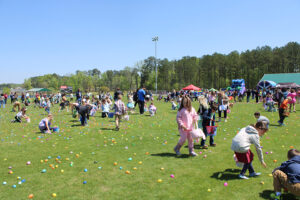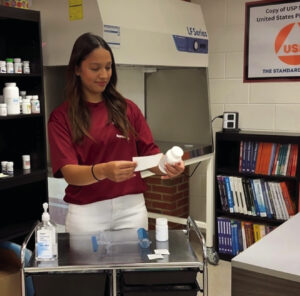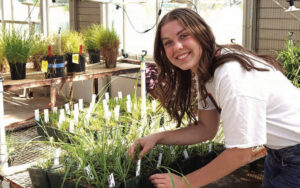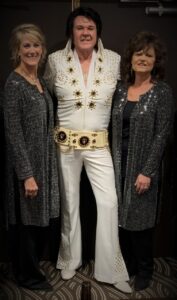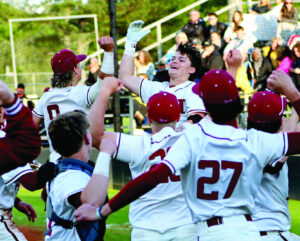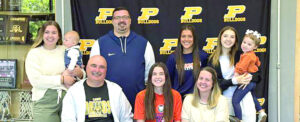HCS leaders: Growing our own, part one
Editor’s note: This is one in a series of articles marking the 50th Anniversary of Hartselle City Schools.
Hartselle City Schools has been fortunate to have strong leaders. Several of these leaders came through Hartselle’s schools as students and teachers before rising to administrative positions.
Frank Parker graduated from Morgan County High School in 1965 before becoming a teacher and then principal at what was then Hartselle Junior High School on Petain Street.
Susan Slate Hayes graduated from Hartselle High School in 1982 before becoming an HHS teacher and assistant principal. She served as principal of Barkley Bridge Elementary School before closing her career as a district administrator.
Earon Eubanks Sheats graduated from Hartselle High School in 1997 before becoming a teacher at F.E. Burleson and Hartselle Junior High School and currently serves as principal at Hartselle Intermediate School.
Growing up within a community provides a teacher and a school leader with a sense of its culture.
Parker can recall this being advantageous when he saw that a family was in need of resources.
“In most cases, I knew where to help families find the assistance they needed.” Similarly, Sheats saw Hartselle as a place where “families and the community come together in big and small ways to help others who need it.” Hayes concurs. “So many times I saw parents reach out on behalf of children they did not even know to buy Christmas or pay for field trips or purchase books from the book fair.” All agree that there is something special about working with those whose families you have known and may have even taught when they were students. “I can remember well the first-dayof-school when one of the students I taught came forward with her own five-year-old son,” Hayes fondly recalls.
Sheats sees the experience as both “humbling and inspiring” and claims it “creates a connection that goes way beyond the classroom.” “Working with students whose parents or grandparents I knew enabled me to know what was expected of them by their families. It felt like a team effort when attempting to accomplish a goal,” adds Parker.
All were thoughtful when considering the changes students are facing today. “Times are certainly more complicated,” mused Parker. “Just a few years ago, I believe students were more protected and focused on classroom instruction. It now seems like computers bring the whole world rushing in. Sometimes it’s good and sometimes it’s not. But technology has placed a research tool in the hands of students and teachers today that was in the realm of science fiction in the not-sodistant past.” Hayes has similar thoughts. “I am excited that students have mini computers in their hands at all times. The access to information good and notso-good is almost boundless. But it never turns off. And some of it is poisonous. Students need their support systems now more than ever.” Sheats chimes in. “Technology and modern instructional strategies have opened up many opportunities for our students.” When considering what has remained the same, Parker adds, “Students find it hard to believe that you went to the same school that they are now in and that you had the same types of challenges when you were their age. I would often tell students that everyone has problems, but what’s important is how you handle your problems. That is what will make a positive difference.” Hayes agrees. “The things that grow us and the things that stunt us remain the same. Responding with wisdom is what challenges a young person and an older person.” Sheats agrees and thinks on the future of HCS. “Hartselle has always been a place that strives for excellence, and that hasn’t changed. I’m so grateful for the journey I’ve had here, and the future of Hartselle is as bright as ever!” Other Hartselle City Schools’ “homegrown leaders” include J.P. Cain, Dr. Franklin Penn, Stewart Bennett, Jim Wright, Jim Grammer, Joe Weaver, William Booth, Debra Bodley Harvel Kreps and Debra Napier Queen.


